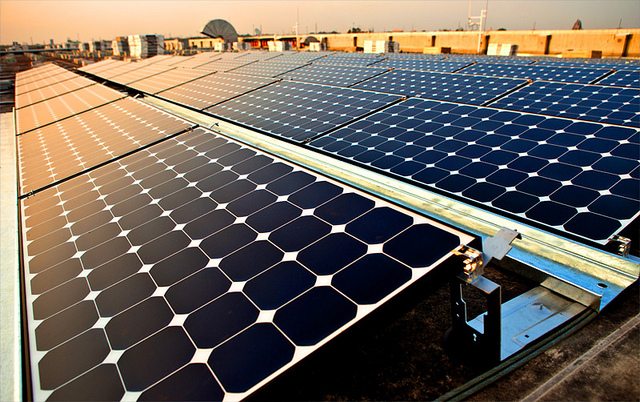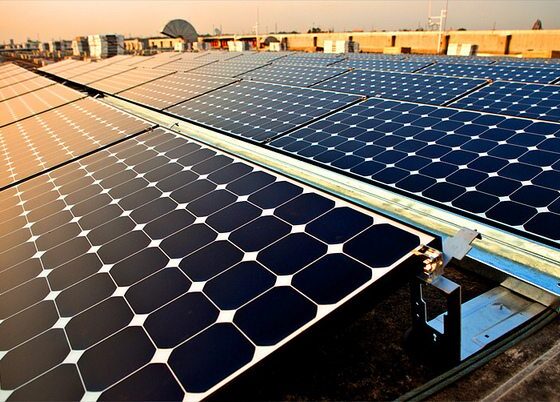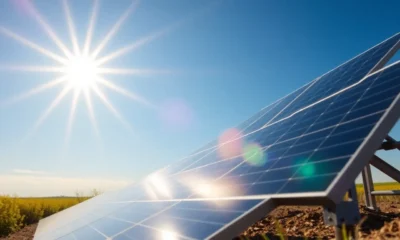

Energy
World Bank to invest $775m in India’s renewable energy
The World Bank is to invest $775m (£452m) in Indian renewable energy projects, supporting prime minister Narendra Modi’s push to clean up the country’s energy mix.
Modi, whose Bharatiya Janata party came to power in May, has pledged to bring reliable electricity to the 300 million Indians who currently live without it.
The government has therefore made investment in renewable energy, especially solar energy, a top priority, with plans to introduce policies more supportive to the industry.
As the World Bank expects this to provide a significant boost to the sector, it has announced its own plans to invest further in India’s clean energy drive.
“The support shown by the new government towards clean energy is quite encouraging and is expected to give the much-needed push to the sector and unlock pending investments,” Ashish Khanna, leader of the World Bank’s India energy programme, told the Economic Times.
“The World Bank is ready to partner with the government in scaling up sustainable clean energy investments,” he added.
The announcement comes shortly after a World Bank report warned that India must urgently reform its energy sector or face annual losses of $27 billion by 2017, because of inefficiency, theft, and a lack of funding.
As around a quarter of the population live without an electricity connection, the failings of India’s infrastructure have also been illustrated by a number of recent blackouts.
However, the World Bank noted the progress made in the last decade, as 280 million Indians gained access to electricity. It also estimates that renewable energy now provides 12% of India’s demand, up from virtually nothing in 1990.
The government is also optimistic that solar energy can play a huge part in electrifying India’s population while building a sustainable future.
With around 300 clear sunny days in India every year, the country’s solar energy potential is considerable. The government hopes to establish four giant solar projects with 1,000 megawatt capacity each, in Rajasthan, Gujarat, Jammu and Kashmir and Ladakh, while also brining solar to homes across the country.
Narendra Taneja, convener of the energy division for the party, recently said,
“If successful, solar panels could allow every home to have enough power to run two bulbs, a solar cooker and a television.
“Expanding clean-power generation will be the administration’s top energy-related priority, especially solar because it has the potential to create jobs.”
Photo: Intel Free Press via Flickr
Further reading:
India plans to build ‘world’s largest’ floating solar power plant
Bombay Stock Exchange resumes trading after power glitch disruption
Coal extraction in India threatens livelihoods and forests
India’s renewable energy ministry plans to boost solar power output
India’s new prime minister says every home will have solar power by 2019


 Environment12 months ago
Environment12 months agoAre Polymer Banknotes: an Eco-Friendly Trend or a Groundswell?

 Features11 months ago
Features11 months agoEco-Friendly Cryptocurrencies: Sustainable Investment Choices

 Features12 months ago
Features12 months agoEco-Friendly Crypto Traders Must Find the Right Exchange

 Energy11 months ago
Energy11 months agoThe Growing Role of Solar Panels in Ireland’s Energy Future




























